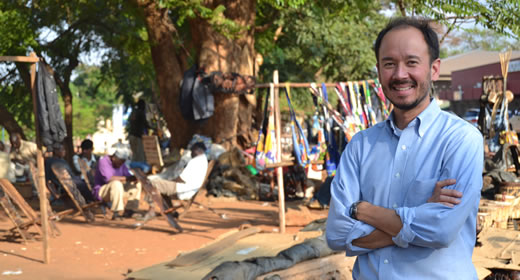
Are reciprocity and the negative effects of breaking promises key factors in an individual's vote-selling behavior? Prior to the Philippines' May 2013 elections, Dean Yang, professor of public policy and economics, and his colleagues will test this theory.
Vote-buying and vote-selling are problematic in developing democracies. According to the Philippines nonprofit Social Weather Stations, 71 percent of registered voters expected vote-buying to occur in their locality prior to the May 2010 elections. This number increased from 57 percent in May 2007. Research has shown that these activities often result in negative political and policy outcomes. However, Yang, along with Allen Hicken from political science and Stephen Leider from the Ross School of Business, identified that there is a research gap on individual motivations for vote-selling. To address this gap, they formed a multi-disciplinary team that will explore whether simple interventions can affect individual vote-selling behavior.
In their randomized controlled trial, the researchers will encourage voters not to sell their votes by appealing to them with information about the illegality, immorality, and negative consequences of vote-selling; or by asking them to sign a promise not to sell their votes. The intervention will involve going door-to-door in Sorsogon City, Sorsogon Province, Philippines. Following the May 13 elections, the researchers will conduct a follow-up survey to determine whether the countervailing promises had any effect on voting behavior.